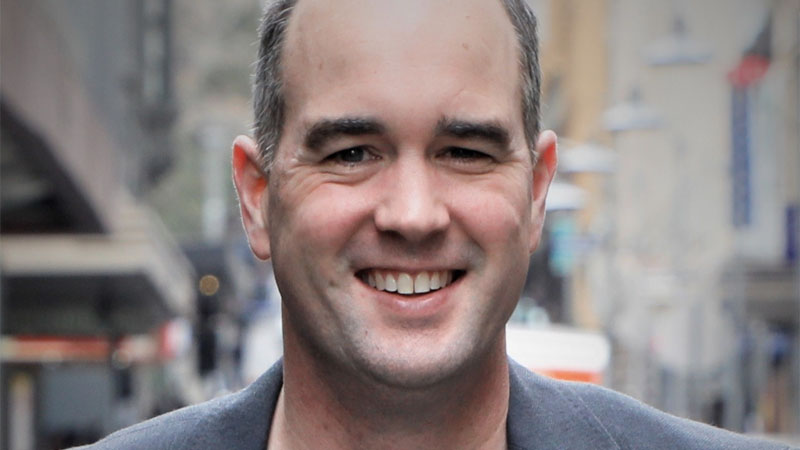BDBNs don’t remove trustee decision-making: Smarter SMSF
A binding death benefit nomination within an SMSF doesn’t mean there aren’t decisions that need to be made that trustees/members may call upon accountants to help them with, according to Smarter SMSF.
Speaking in a webinar last week, Smarter SMSF chief executive and co-founder Aaron Dunn said it’s very common what you see in a binding death benefit nomination is that it binds the trustee to make a decision, but there’s a level of discretion for the beneficiary to choose how they wish to receive that amount.
“For example, with our Smarter SMSF deed, and then the BDBNs that follow, the individual has the choice to go, I want to receive a lump sum or a pension or a benefit at the absolute discretion of the beneficiary,” Mr Dunn said.
“There’s obviously a choice that needs to be made, but it’s still binding upon the trustee to take the course of action that that member wishes to do, which therefore may require them to seek some advice about the actions that they wish to actually take that would be of most benefit to them.”
Mr Dunn said the large majority of trustees would be seeking advice on BDBNs because of the very nature of the legislation has become so much more complex as a result of the changes at 1 July 2017.
He said the introduction of the transfer balance cap and therefore understanding the nuances of what a $1.6 million cap typically means is that trustees are going to need to get that advice around how to deal with the benefits.
“What we’re seeing generally, I think, is in SMSF land is the issues of succession and control are becoming more and more relevant in the context of conversations with advisers and those talking to SMSF trustees,” Mr Dunn said.
“Because, statistically, we know one in five members of an SMSF now are 70 years of age or older and that 20 per cent of members 70 years or older actually own 30 per cent of all the assets within the SMSF sector.
“We know there’s a huge succession issue. We know things like dementia and those are going to significantly ramp up once people go past age 65, and it gets even worse obviously into their mid-80s. These are issues that are live and therefore many people are now either advisers are talking to them about these things or they’re coming to look at these things themselves, so as part of the broader succession planning, that needs to be done for the fund.”

Adrian Flores
Adrian Flores is the deputy editor of SMSF Adviser. Before that, he was the features editor for ifa (Independent Financial Adviser), InvestorDaily, Risk Adviser, Fintech Business and Adviser Innovation.
You can email Adrian at adrian.flores@momentummedia.com.au.








